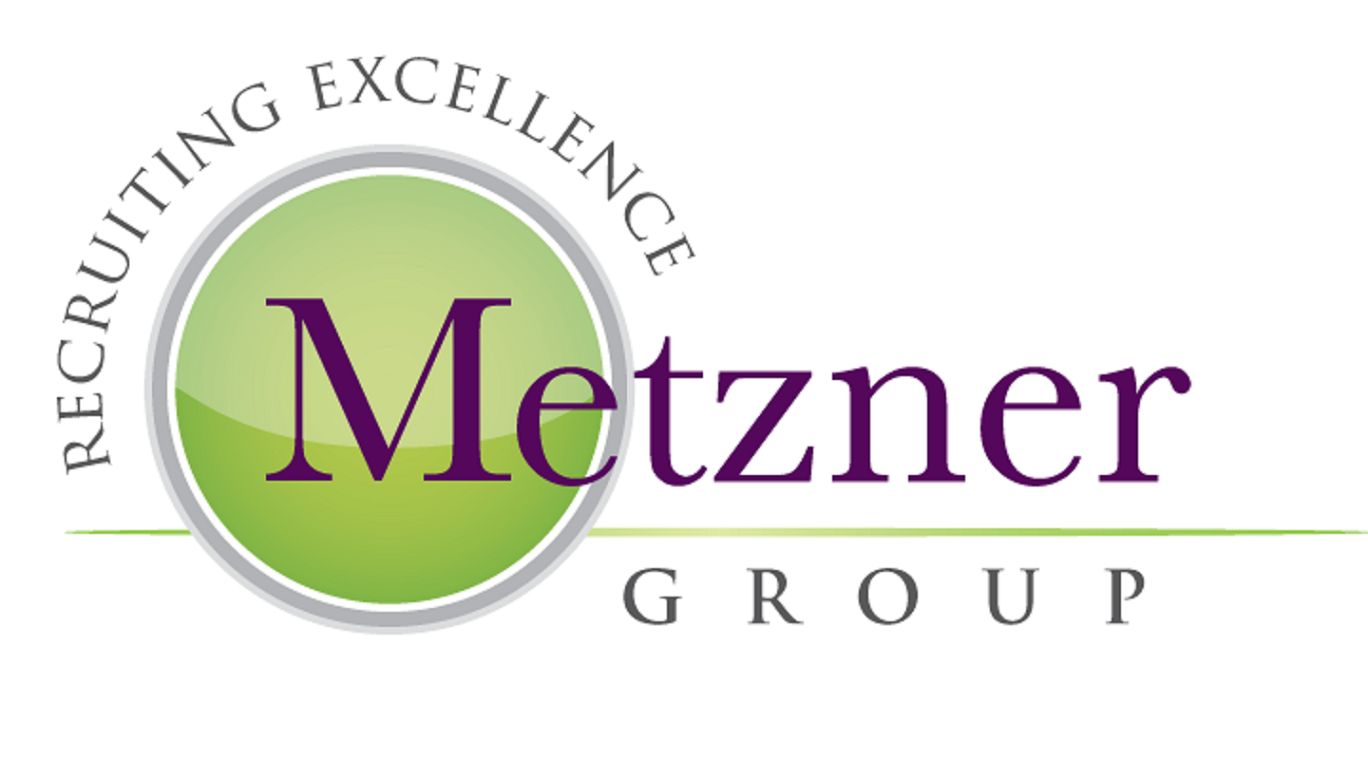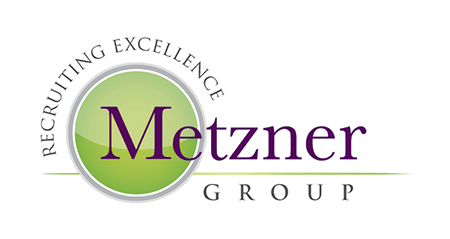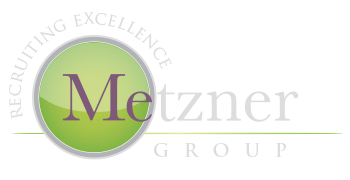Does Your Firm Have A Leadership Transition Plan? (and why you should care!)
During the past several years, the A/E marketplace has seen a high number of mergers and acquisitions. Firms facing retiring leadership have options. They can transfer ownership to the next generation, train and coach potential internal successor candidates, bring leadership talent in from the outside, or sell/merge the firm.
Over my 30+ years of recruiting and search, I have seen firms formulate excellent leadership transitions and I have seen other firms fail terribly. In today’s market, more than ever, the wrong choice or even a safe choice for successor can lead to turbulent times.
A firm can never afford to make an incorrect choice. However, making no choice is tantamount to a poor choice. What are retiring executives to do? How can they walk the fine line of selecting the “right” successor, especially if that person is from outside the firm, without drastically shifting the culture or upsetting internal management candidates? The answers are complex and perhaps a great future topic!
However, several quick items can be agreed upon: It is important to have a strong board of directors or executive management team to monitor the process. The choice of a leadership successor will be one of the most important decisions your board, outside board members and team will have. Additionally, selecting the right outside management consultant can offer objectivity and facilitate a time frame.
One thing is definite. IF employees have confidence in their executive team, then they will, at least initially, support a succession choice (even if they don’t like it). They’ll do so because they know that the CEO, board and/or advisers have the health and welfare of the firm at heart.
Whether you are a Human Resources professional or design professional, it would be in your best interest to find out if your company has any plan for it’s future successors. Ask your leadership. Are you working for a company that really is thinking about their future, as well as yours?
The Metzner Group Blog




